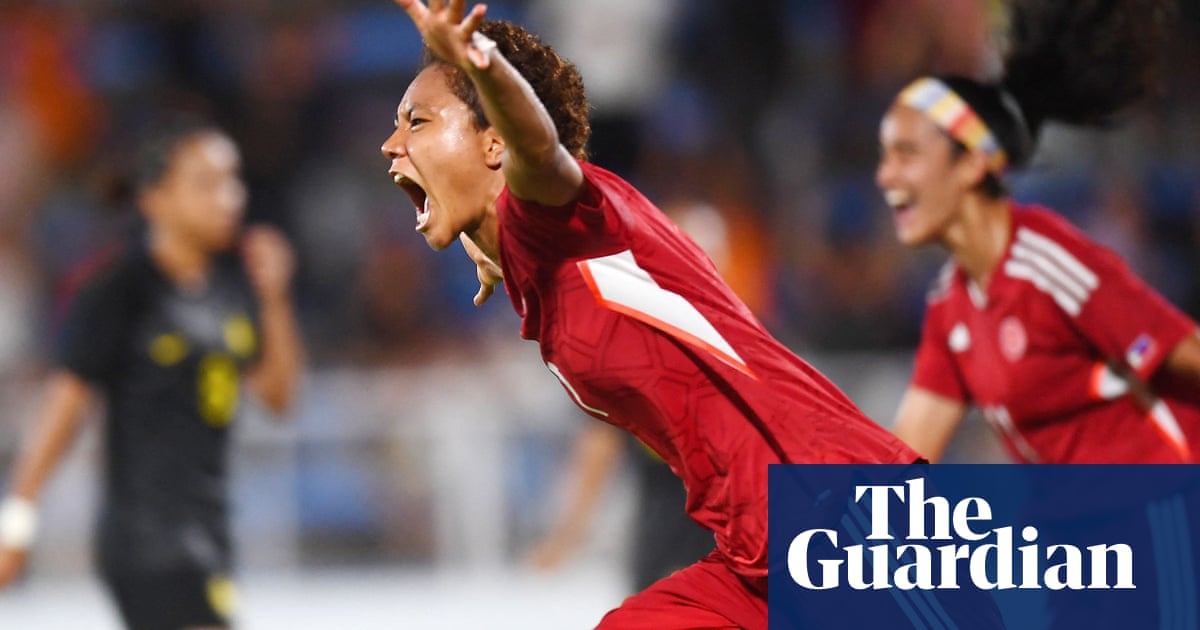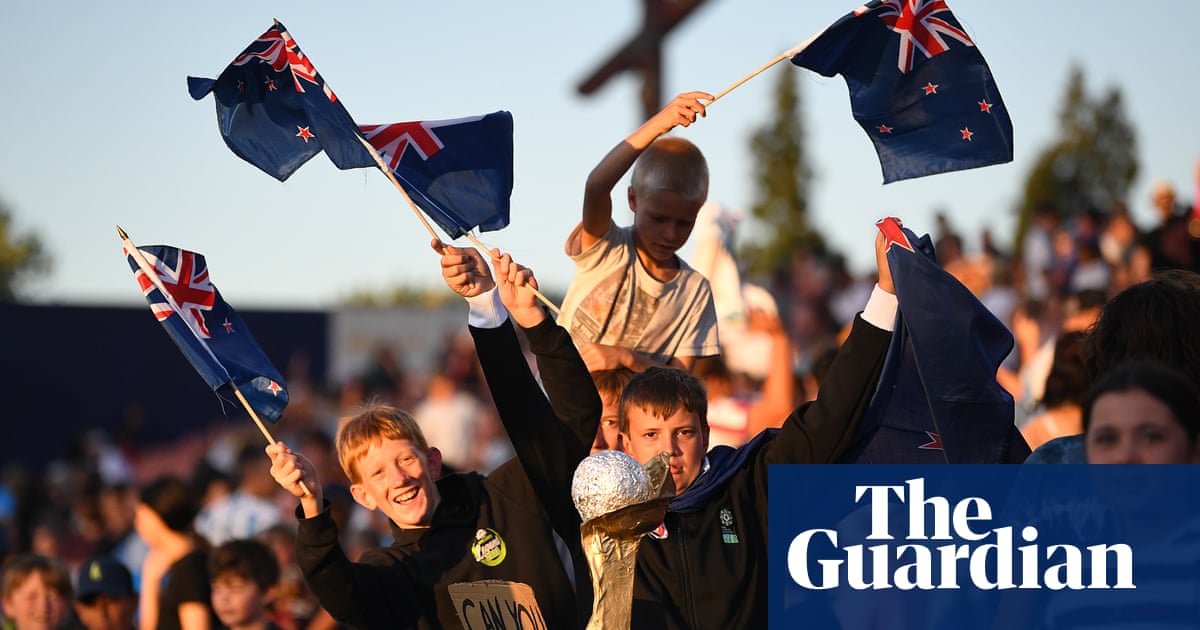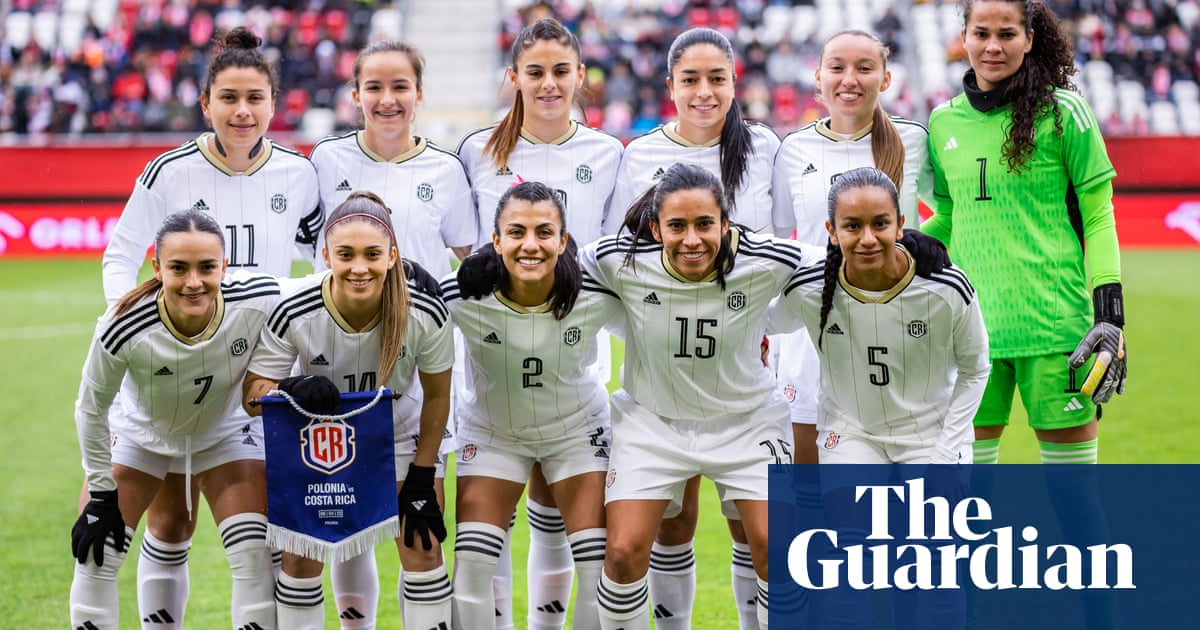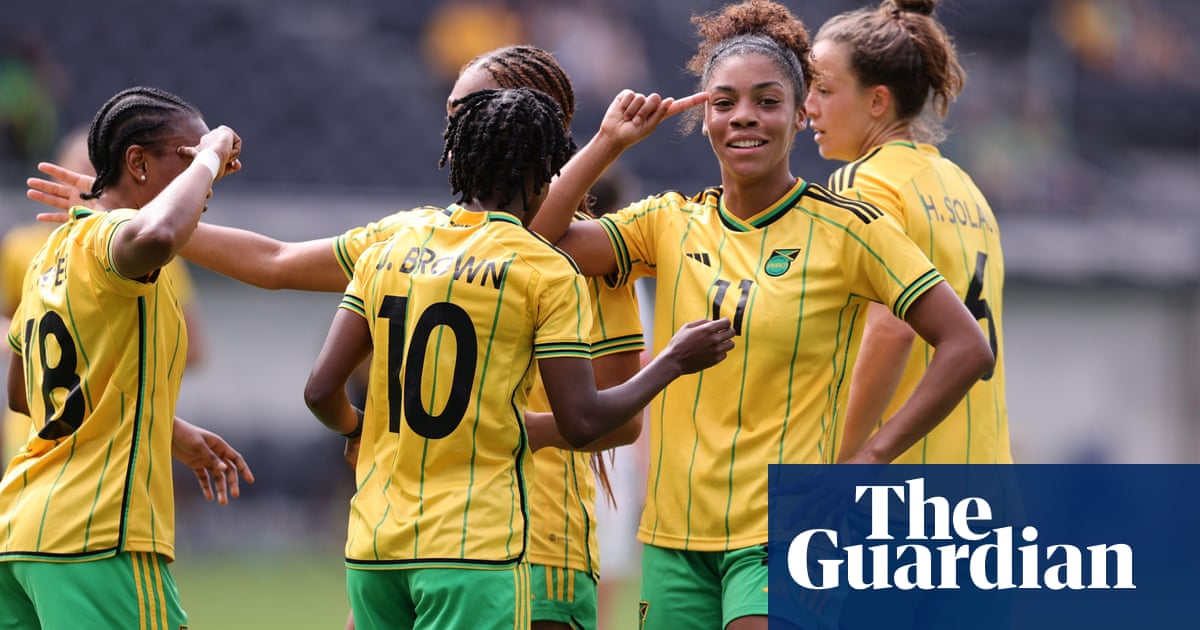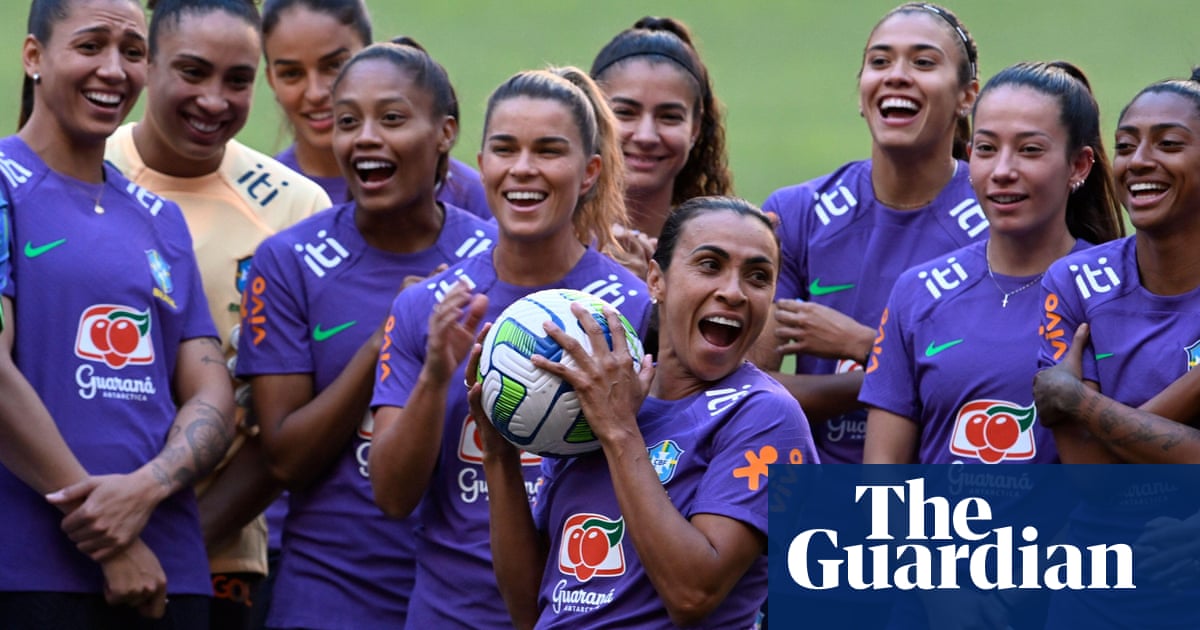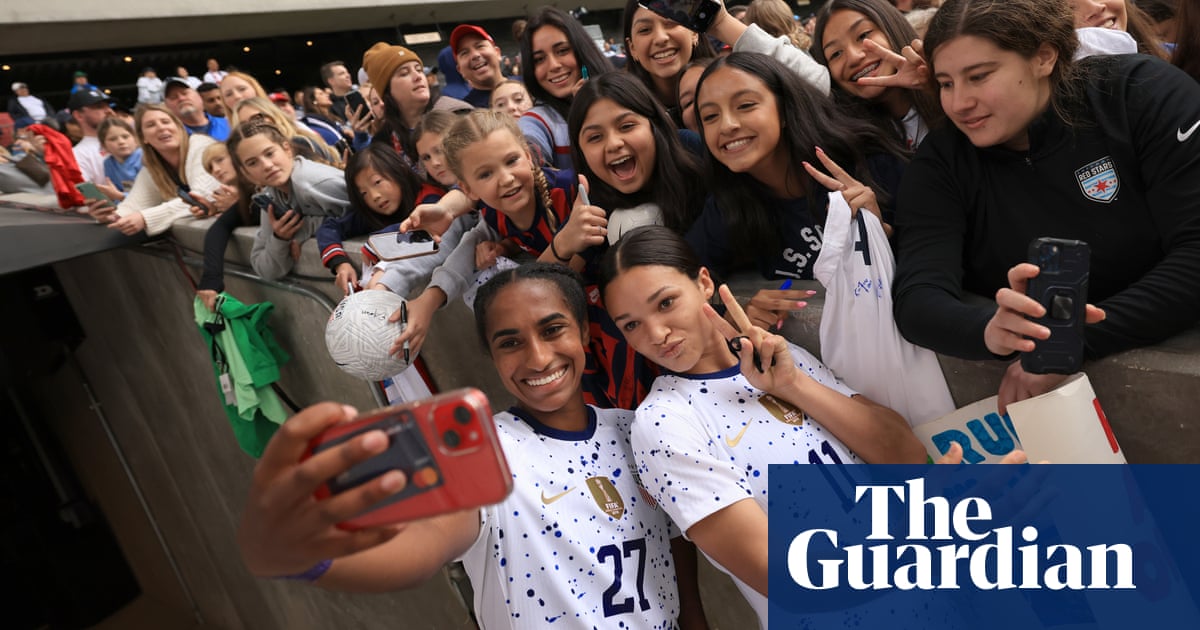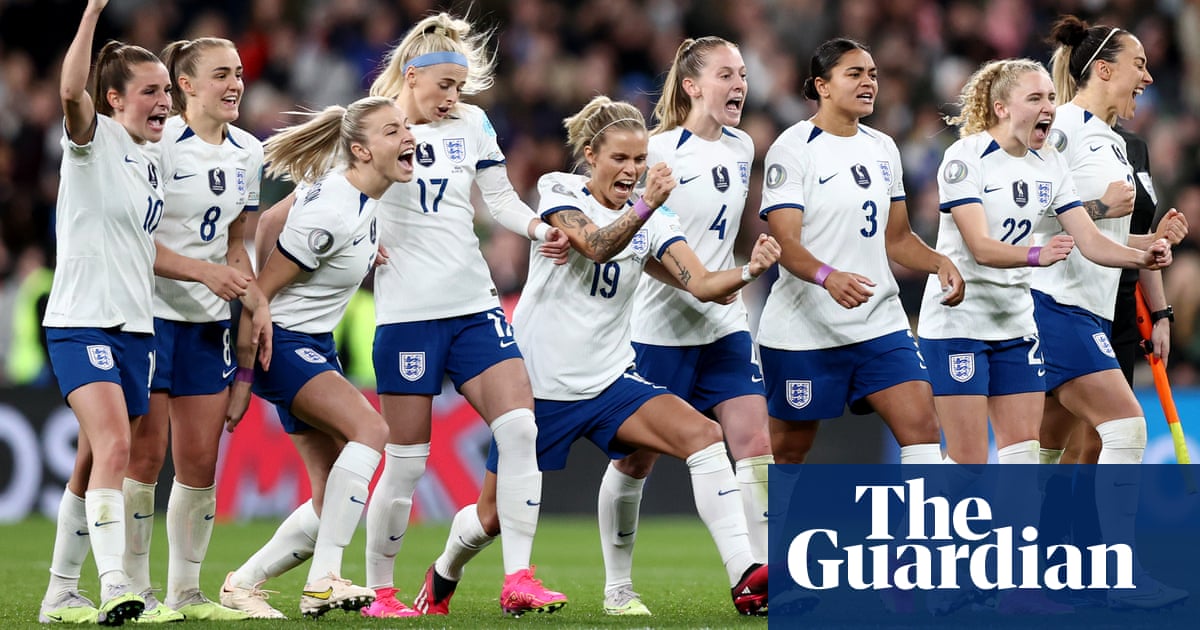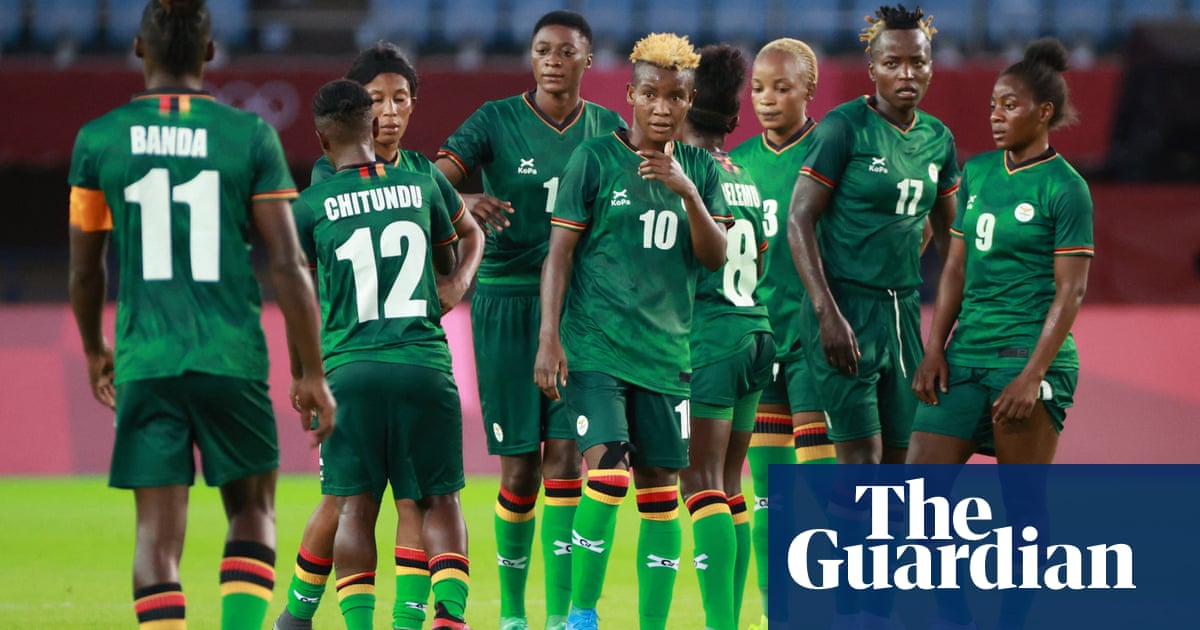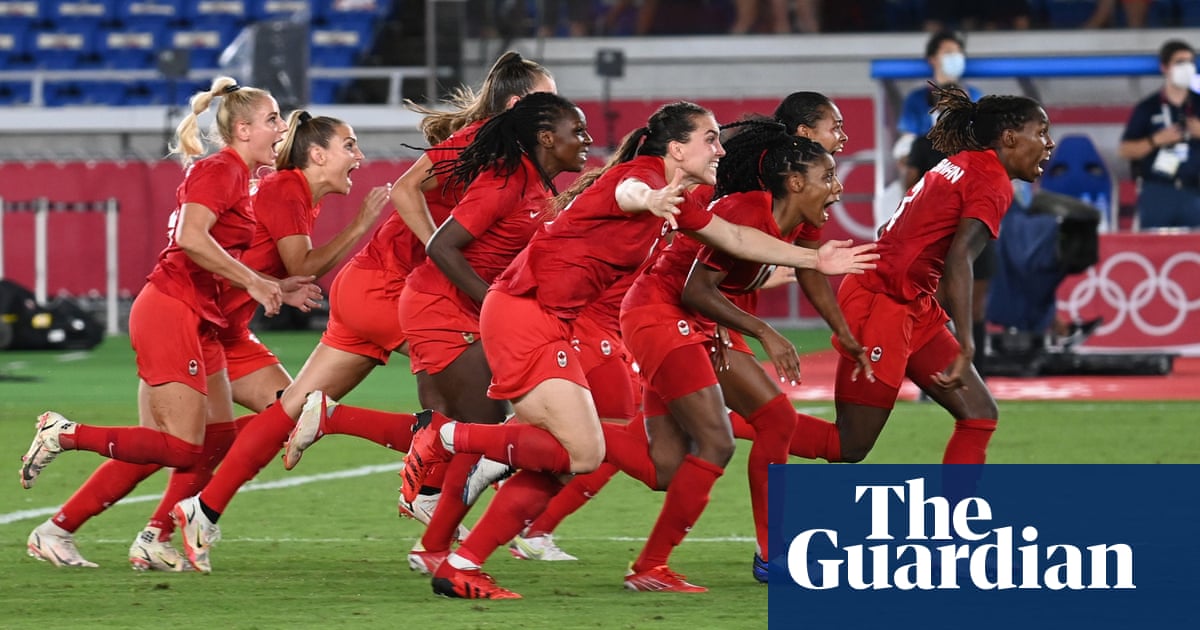
This article is part of the Guardian’s Women’s World Cup 2023 Experts’ Network, a cooperation between some of the best media organisations from the 32 countries who qualified. theguardian.com is running previews from two countries each day in the run-up to the tournament kicking off on 20 July.
Overview
As the reigning Olympic champions, Canada enter the Women’s World Cup this summer with a target on their backs.
Canada play a style of football that prioritises defending. Bev Priestman’s side knows that they have quality in attack, but with several world-class defenders and goalkeepers in their squad, they believe that they have the ability to keep clean sheets against any team in the world. When a team does that, they will always have a chance to win. That was the case at the Olympics, and expect it to be the same mindset in Australia and New Zealand.
Priestman’s team qualified for the World Cup last summer by winning Group B at the Concacaf W Championship in Mexico, later falling to the United States in the final. They were then drawn into Group B for the World Cup, with the hosts Australia, Republic of Ireland and Nigeria. Some have suggested it is the “group of death”, with each team capable of beating every other.
Canada will take some comfort from the fact that they played Nigeria and Australia twice in friendlies in 2022, and were unbeaten across the four games. They won both games in Australia in September, and won one and drew one against Nigeria on Canadian soil last April. Defender Kadeisha Buchanan recently said of Priestman: “I’m not saying that she knew that we’re gonna draw Nigeria and Australia, but it’s great that she planned that out. I think she’s just very detailed in the way she plans.”
Just as Argentina did for Lionel Messi at last year’s men’s World Cup, Canada will be putting everything into this tournament to get some long-time Canadian greats – midfielders Sophie Schmidt and Desiree Scott plus 40-year-old forward Christine Sinclair – the crown jewel in what have been some incredible careers. This tournament and next year’s Paris Olympics could be a changing of the guard for this squad, as young players push the veterans for playing time, at what could be the final major tournaments for several players. In the case of Schmidt, she has already announced that she will retire from international duty following the World Cup.
They’ll worry about the future later, however. The focus in the short term is lifting the World Cup trophy at Stadium Australia on 20 August. As defender Vanessa Gilles said last month: “We definitely have a culture and an environment that’s conducive to team chemistry, to winning, to being honest with each other, which not many national teams can beat.”
The coach
Bev Priestman isn’t afraid to make big decisions to help her team win, and has also shown a willingness to plan for the future. Her squad for this tournament is capable of winning it all, just as they did in her first major tournament as a head coach at the Tokyo Olympics, but it also features several young players that will be crucial for the future. Priestman, who was an assistant to Phil Neville with the England team that finished fourth at the 2019 World Cup, said in June that the reserves at her disposal “make for an exciting squad to lead and for any player to be a part of”.
Star player
In Canada there is no footballer more recognisable than Christine Sinclair. Arguably the greatest international footballer ever with a record 190 international goals in over 300 international appearances, Sinclair is almost bigger than the sport itself in Canada, not that the usually-reserved captain wants to be. The 14-time Canada Soccer Player of the Year has scored at four Olympics and five World Cups, and finally won her first major international honour with a gold medal at the Tokyo Olympics. “Her humility has inspired me so much to be a better player, a better leader, and a person,” said teammate Shelina Zadorsky recently. “I appreciate still being able to continue to work with her at this stage in my life and career, and just have a friendship.”
Rising star
Defender Jade Rose is a star in the making, and already showing flashes of brilliance at the senior international level. Named the 2020 and 2021 female Canadian Young Player of the Year, she made her senior national team debut in 2021, but has really established herself as a regular squad member under Priestman in the past year. Her best moment with the national team so far came in Australia in September, when she put in a brilliant defensive performance against the great Sam Kerr, seemingly unfazed by the occasion.
Did you know?
At the Tokyo Olympics, with the players kept in a bubble to protect they and the public from the effects of the pandemic, the Canadian players and staff held a Mario Kart tournament, playing the video game in the team hotel. Centre-back Vanessa Gilles, who was crucial to Canada’s gold medal win on the pitch, also won that competition, later declaring herself a double Olympic champion on social media.
Standing of women’s football in Canada?
Canada is one of the only top nations in women’s football that doesn’t have its own domestic professional league, although there are groups working toward changing that in the coming years. The appetite for it is there, and the need for a professional pathway instead of going overseas is long overdue. Football is the most popular sport in the country in terms of youth participation, and continuing to rise following Canada’s Olympic gold medal.
Realistic aim at the World Cup?
Coming in as the Olympic champions, the expectation for Canada is that they will get out of the group stage and put up strong performances in the knockout rounds. The squad believe they have the quality needed to lift the trophy. “Our chances are high if we play our game, we focus on ourselves, we have all the details,” Vanessa Gilles said to reporters in Toronto in June. “We’re going in it to win it.”




